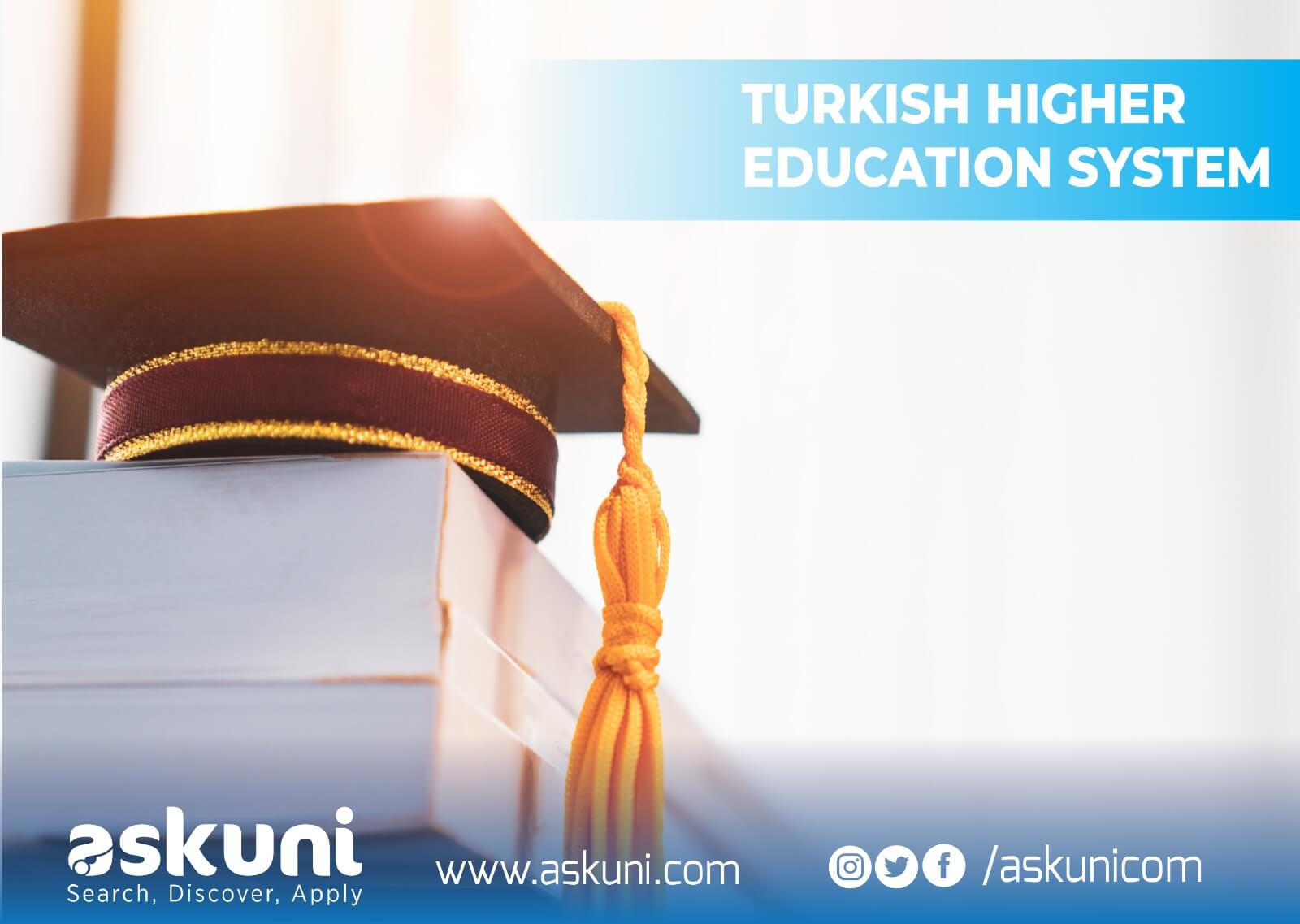Turkish education system is under the supervision and control of the state, namely the Ministry of National Education. According to the Constitution of the Republic of Turkey, everyone has the right to receive education. Education is compulsory from ages 6 to 14 and free in state schools. The country's primary schools currently have a 98 percent participation rate. The academic year in Turkish education institutions generally begins in the mid-September or early October and continues to May or early June.
There is also a two-week winter break in February. Children in Turkey can attend non-compulsory preschool education before compulsory primary school education. State and private preschools are available. Formal education in Turkey includes pre-primary education, primary education, secondary education, and higher education. Pre-primary education involves the education of children in the age group of 3 to 5 who have not reached the age of compulsory primary education, on an optional basis. Primary education involves the education and training of children in the age group of 6 to 13. It includes both elementary and middle schools each of which lasts four years. Primary education is compulsory for all citizens and free at public schools. Towards the end of the primary school, pupils are given information about both general and vocational/technical high schools and the kinds of employment they prepare for. Secondary education comprises of high schools of a general or vocational and/or technical character giving four-year courses following primary education.
Secondary education is also compulsory since 2013 and free at public schools. The private secondary schools are more expensive and mainly their education language is English. Higher Education in Turkey includes 4 years bachelor’s degree except for medical schools like medicine (6 years), 2 years associate degree, 2 years master degree and 4 years PhD. After graduating from high school, students can enrol in higher education which is compatible with the Bologna three-cycle system.
Turkish universities offer these Degrees:
- - Associate degree programs
- - Bachelor’s degree programs
- - Graduate programs
- - Post-graduate programs
Associate degree Programs (short cycle)
Associate Degree is awarded on completion of a two-year study program. The associate degree programs are offered by the post-secondary vocational schools attached to universities and independent post-secondary vocational schools. Some distance education programs are also available. The associate degree programs may require a period of on-the-job training.
Bachelor’s Degree Programs (cycle 1)
Bachelor’s degree is normally awarded after the completion of a four-year course of study. The duration of study for dentistry and veterinary medicine programs is five years and that of medicine is six years. The qualifications in these three fields are the equivalent of a master’s degree.
A Master’s degree program (2nd cycle)
Master’s degree is a two-year program leading to the Master of Arts (MA) or Master of Sciences (MSc). There are two kinds of master’s programs, with or without a thesis. The Master’s with thesis program is a two-year program generally consisting of seven courses with a minimum of 21 face-to-face credits followed by submission of a thesis. Generally, non-thesis programs are completed in one and a half years with the completion of ten graduate courses of a minimum of 30 credits and a term project.
A Doctoral degree program (3rd cycle)
PhD is usually an eight-semester program if the student is accepted with a master’s diploma leading to the PhD degree. It consists of a minimum of seven courses, with a minimum of 21 face-to-face credits, a proficiency exam, a dissertation proposal, a dissertation, and its oral defence. After successful completion of the course work and the proficiency exam, students must submit the dissertation and defend it orally in front of a dissertation committee. There is also ten-semester integrated PhD programs which consist of a minimum of fourteen courses, with a minimum of 42 face-to-face credits, a proficiency exam, a dissertation proposal, a dissertation and its oral defence which enable students to apply with a Bachelor degree.
Specialization in Medicine
Specialization in Medicine programs are equivalent to doctoral degree programs and are carried out in the faculties of medicine, university hospitals and research and training hospitals. For the specialization in medicine, there is a competitive selection examination in various branches of medicine for those graduating from the faculties of medicine. Specialist candidates are required to submit a dissertation and defend it in front of a committee.
Proficiency in Art
Proficiency in Art is at least a six-semester postmaster’s program in the visual and performing art branches making it equivalent to a Doctorate. It requires the presentation of an original work of art or (in music and the performing arts) a superior, creative performance.
Language of Instruction
The main language of instruction is in Turkish in most of the higher education institutions, but some universities use English, German or French as the language of instruction preceded by one-year language preparatory classes. Additionally, some universities have programs in which about 30% of the courses use English as the language of instruction. In recent years, the number of universities which use English as a medium of instruction has significantly increased. In addition, most of the universities which use Turkish as a medium of instruction now also offer courses in English in at least several programs. Generally, private universities use English as a medium of instruction while state universities are mainly Turkish, but you can find some universities who teach most of their faculties in English.

